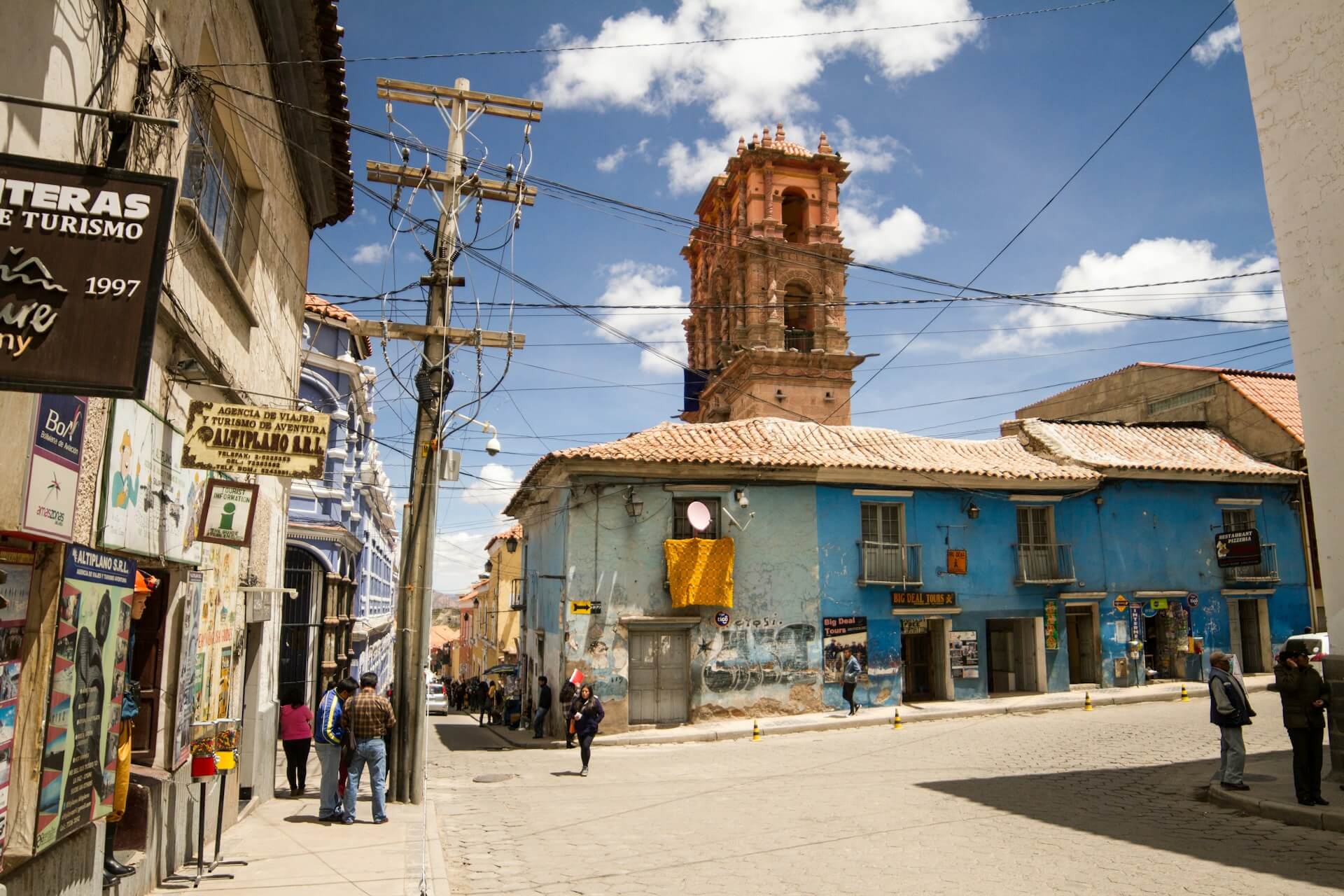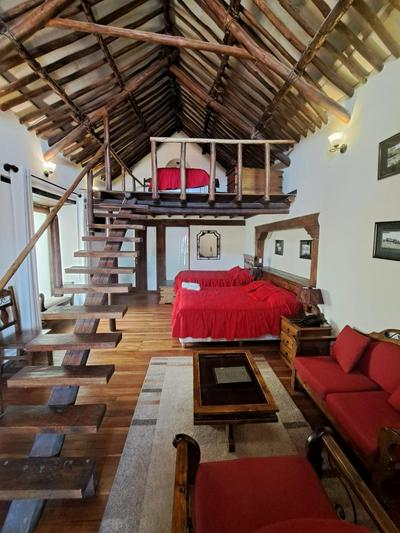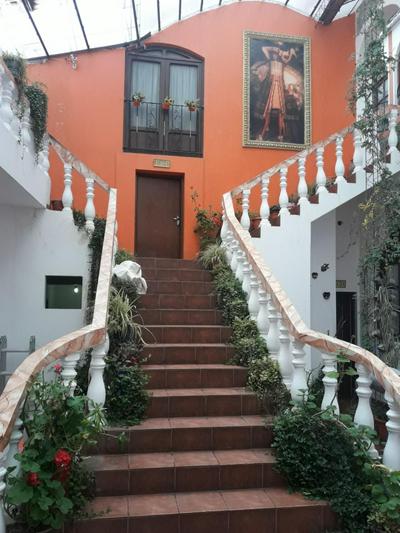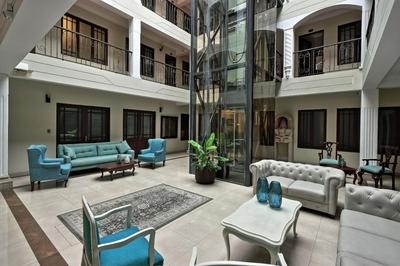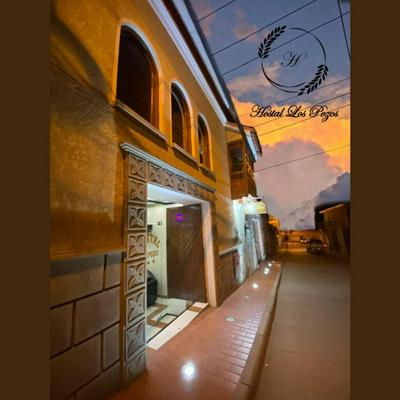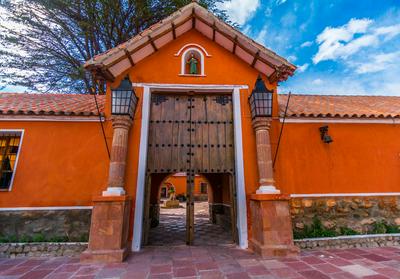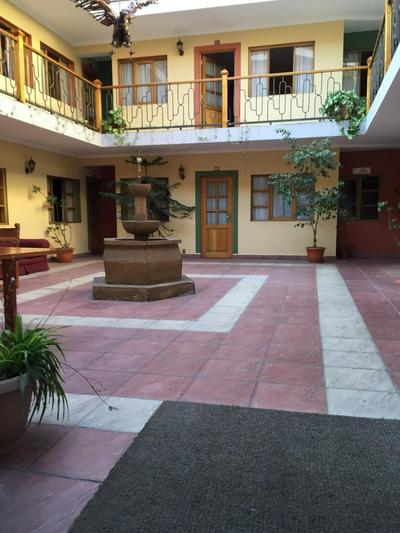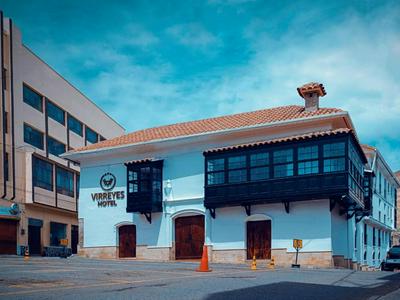When to visit Potosí?
Potosí, located high in the Andes, has a unique climate that varies significantly throughout the year. The best time to visit is during the dry season from May to October when the sky is mostly clear and the temperatures are mild. Daytime temperatures can range from the mid-teens to low twenty degrees Celsius, making it perfect for exploring the city’s rich history and stunning architecture.
In contrast, the wet season from November to April brings heavier rains and cloud cover, which can make trekking to nearby attractions more challenging. However, visiting during this time allows you to witness the stunning green landscapes and fewer crowds, providing a more authentic experience.
Spring, particularly September and October, showcases numerous local festivals, while autumn (March to May) is when the city is quieter but still offers pleasant weather. Summer (December to February) can be hot during the day, but the evenings are cool so a light jacket is advisable. Winter can get quite chilly at night, and although daytime temperatures are manageable, you'll appreciate the sun's warmth on your explorations.
How to get to Potosí?
Potosí is accessible through various means of transportation. The nearest major airport is in Sucre, which is about a 3-hour bus ride away. Regular flights connect Sucre with La Paz and Santa Cruz, two major Bolivian cities. Once in Sucre, several bus companies offer daily services to Potosí.
Bus travel is one of the most popular methods for reaching Potosí, with numerous companies operating routes from larger cities like La Paz, Sucre, and Cochabamba. The bus ride from La Paz typically takes about 8 hours, while from Sucre it’s around 3 hours. It’s advisable to book tickets in advance, especially during peak tourist seasons.
For those who prefer a more personalized experience, hiring a private car or joining a tour group can be convenient, though it's often more expensive. Make sure to check road conditions, as the Andean roads can be rough and winding.
Tourist activities in Potosí
Potosí offers an intriguing blend of history, culture, and adventure activities. Start your day exploring the famed Cerro Rico, a mountain that has shaped the city’s fortunes through silver mining. Many tours provide an insight into the mining practices, and visiting the miners is an experience you won’t soon forget.
Another significant attraction is the Casa de la Moneda, where visitors can delve into the history of silver coin production in Bolivia. Don't miss the picturesque Plaza 10 de Noviembre, which is surrounded by stunning colonial-era buildings that showcase the city's rich architectural heritage.
For outdoor enthusiasts, trekking opportunities abound in the nearby mountains, offering breathtaking views and the chance to discover local flora and fauna. As the sun sets, immerse yourself in local culture by visiting local markets or enjoying folk music performances that add vibrancy to the nightlife scene.
Events and festivals
Potosí is bursting with cultural festivals throughout the year, reflecting its vibrant history and traditions. One of the most famous is the San Bartolomé festival in late August, which features processions, music, and dance in celebration of the city's patron saint.
The Semana Santa (Holy Week) in March or April draws many visitors, with elaborate religious processions that demonstrate the city’s rich heritage. In July, the Fiestas del Gran Poder sees vibrant parades with participants dressed in traditional Bolivian attire showcasing dance and music.
Additionally, the Festival de la Vendimia in March celebrates local wine production, bringing together music, food, and local beverages. These events create an inviting atmosphere full of color and vibrancy, making visiting during one of these times a unique experience.
Family and kids activities
Potosí is a family-friendly destination with various activities that cater to children of all ages. Start by exploring the interactive exhibits at the Casa de la Moneda, where kids can learn about the history of minting coins and enjoy guided tours that are engaging and informative.
Don’t miss the Parque Simón Bolívar, a spacious park with playgrounds and green areas perfect for picnicking and letting kids run around. The picturesque views from the park also make it a nice spot for family photos.
For a mix of education and fun, consider visiting the local market, where children can see colorful produce and local crafts while learning about Bolivian culture. Potosí’s unique experiences can provide children with lasting memories.
What to see in Potosí?
Potosí is filled with historical and cultural sites that create a rich tapestry of experiences for visitors. Key attractions include:
- Cerro Rico: A mountain that once supplied a major portion of the world’s silver; tours offer insights into mining history.
- Casa de la Moneda: This former mint is now a museum showcasing the history of currency in Bolivia.
- San Francisco Church: An example of baroque architecture, this stunning church is a must-visit.
- Plaza 10 de Noviembre: The main square in Potosí surrounded by colonial buildings and a vibrant atmosphere.
- National Mint: Now a museum, this was the center for silver coin production.
- Basilica de Nuestra Señora de la Soledad: An important religious site with captivating architecture.
- Local Markets: Experience vibrant local culture and crafts, perfect for those seeking authentic souvenirs.
Accommodation in Potosí
Potosí offers a range of accommodation options suitable for different budgets. Travelers can choose from cozy guesthouses to mid-range hotels that provide comfort and amenities. Popular neighborhoods such as the historic center offer easy access to major attractions.
Hostels are prevalent for backpackers looking for economical yet friendly places to stay. Many of these hostels also provide shared facilities and opportunities to meet fellow travelers. For those seeking a more luxurious experience, boutique hotels with charming decor can be found nearby.
In terms of price ranges, budget options start from around $10 per night for dormitory-style accommodation, while mid-range hotels can range from $30 to $70, depending on location and time of year.
Important numbers and information
- Emergency Services: 911
- Tourist Information Center: C/Chacaltaya 31, +591 2 622 1234
- Main Hospitals: Hospital Daniel Bracamonte, Avenida 6 de Octubre, +591 2 622 4978
- Airport Contact: Potosí Airport, +591 2 622 1234
- Public Transport Information: Local bus lines operate from the main square.
- Taxi Apps: Uber is available but local taxis can be hailed on the street.
- Currency: Bolivian Boliviano (BOB), major credit cards accepted in many establishments.
Where to eat?
Potosí’s culinary scene is a delightful exploration of Bolivian flavors. Local specialties to try include ‘salteñas’ (savory pastries) for a snack, and ‘pique a lo macho’ (a meat, pepper, and fried egg dish) for something heartier. Other dishes like ‘llajwa’ (a spicy salsa) provide an authentic taste of the region.
For dining, the most popular area is around Plaza 10 de Noviembre, featuring several restaurants offering local cuisine at reasonable prices. Street food is also a must-try, with vendors serving up fresh snacks that delight the palate.
Expect to pay about $5-15 for a meal in a typical restaurant, while a fine dining experience will vary broadly, reaching upwards of $30 or more, depending on the establishment.
Nightlife – where to go out?
The nightlife in Potosí is vibrant, yet distinctively relaxed compared to larger cities. Many locals gather in bars and cafes rather than nightclubs, creating a friendly and inviting atmosphere. Popular spots include 'The Alchemist,' known for its craft cocktails and artsy decor, and 'Café del Cielo,' which offers live music and a cozy ambiance.
If you're seeking a more upbeat scene, check out ‘Club Mono’ where DJs spin a mix of local and international music, attracting a younger crowd. Nearby, ‘La Esquina’ is another hotspot, popular for dance and events featuring Bolivian folk music.
For those looking to soak in the local culture, areas around the main square and Plazoleta de San Francisco tend to come alive in the evening, offering a mix of social spots perfect for a laid-back night out.
Transport and taxis
Potosí offers a practical transportation system, although not as extensive as major cities. Public buses are the primary means of transportation, running several routes within the city. Bus tickets are generally affordable, costing about 3 BOB per ride, and are typically purchased on board. Keep in mind that buses may not always run on a strict schedule.
Taxis are widely available, and it's recommended to use official taxis or reputable apps like EasyTaxi for added safety. Always agree on a fare before starting your ride.
For ease of navigation, consider using walking paths as many attractions are centrally located. Ensure to remain vigilant, particularly at night, as in any city, and keep an eye on personal belongings.
- Local buses: Cost around 3 BOB per ride;
- Taxis: Use reputable companies or apps;
- Walking: Recommended for enjoying the city;
Parking and public garages
Parking in Potosí can be limited, particularly in the historic center where streets are narrow and traffic can be congested. Most public areas allow parking at no cost, while there are some designated parking lots available. These lots charge around 5 BOB per hour and are usually found near central attractions.
Keep an eye on signage to avoid fines, as certain areas have restricted parking during specific hours. If you are driving, consider visiting during off-peak hours to find more parking availability. Additionally, it’s wise to keep valuables out of sight when parked.
Surroundings of Potosí
The surroundings of Potosí are ripe for exploration and adventure. Nearby, the charming town of Uyuni is famed for its stunning salt flats, an ideal day trip for those fascinated by spectacular landscapes. The journey takes roughly 6 hours by bus but is well worth the time for the stunning scenery. Consider joining a guided tour to explore more thoroughly.
Another option is the Eduardo Avaroa Andean National Park, known for its breathtaking lakes and wildlife, located a bit further away but offering incredible trekking experiences. Local travel agencies offer packages for day trips to these destinations.
Don’t overlook the small villages surrounding Potosí, where you can experience rural Bolivian life and perhaps even enjoy a local festivity or event, enriching your travel experience even further.
